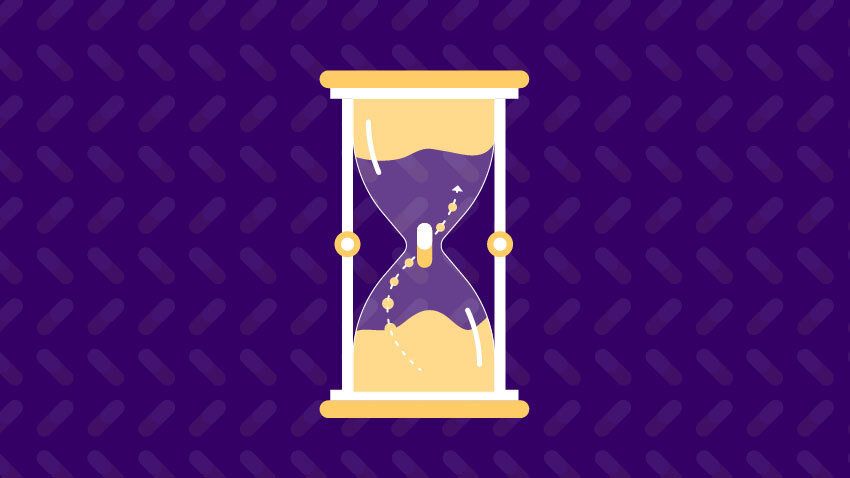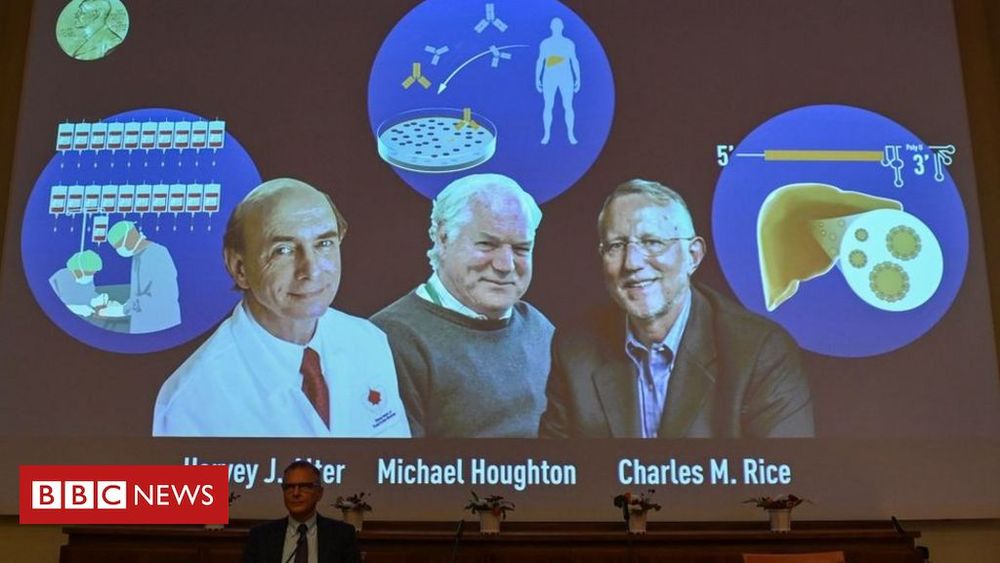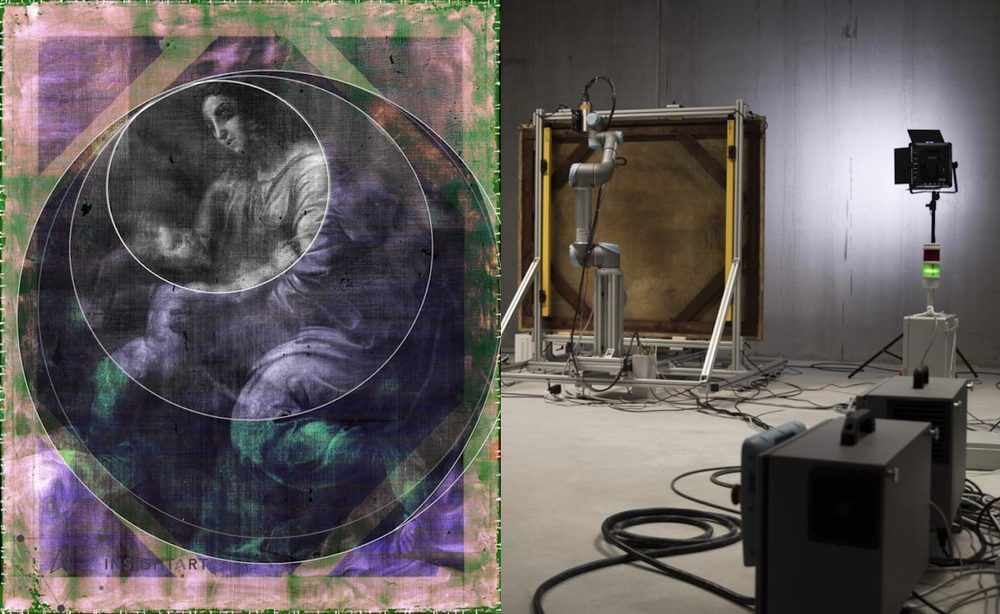The U.S. #military, like many others around the world, is investing significant time and resources into expanding its electronic #warfare capabilities across the board, for offensive and defensive purposes, in the air, at sea, on land, and even in space. Now, advances in #machinelearning and #artificialintelligence mean that electronic warfare systems, no matter what their specific function, may all benefit from a new underlying concept known as advanced “Cognitive Electronic Warfare,” or #Cognitive EW. The main goal is to be able to increasingly automate and otherwise speed up critical processes, from analyzing electronic intelligence to developing new electronic warfare measures and countermeasures, potentially in real-time and across large swathes of networked platforms.
The holy grail of this concept is electronic warfare systems that can spot new or otherwise unexpected threats and immediately begin adapting to them.








